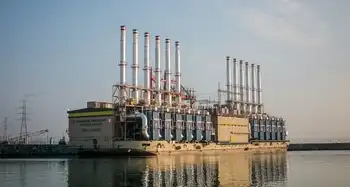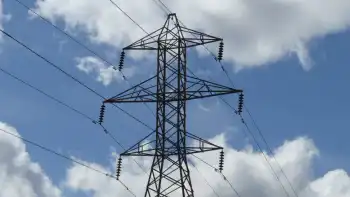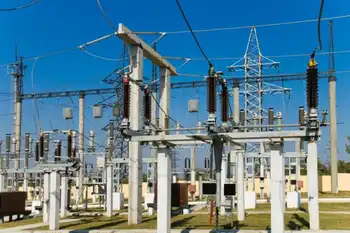Nuclear plans still on, Progress Energy CEO says
By St. Petersburg Times
NFPA 70b Training - Electrical Maintenance
Our customized live online or in‑person group training can be delivered to your staff at your location.

- Live Online
- 12 hours Instructor-led
- Group Training Available
The St. Petersburg utility will continue to pursue plans for a $17-billion nuclear plant in Levy County, he affirmed.
"We don't react when the market overheats," Lyash said. "Neither do we change our plans dramatically during the ebbs in the cycle."
Lyash said he couldn't predict when the economy would turn around, but that he's already noticing signs that the downturn has started to "solidify," signaling that bottom may have been reached.
The utility's North Carolina parent company announced first quarter earnings that suffered from Florida's downturn. Slow customer growth led to a 4.2 percent drop in revenue from residential, commercial, and industrial customers. Customer growth likewise slowed more than expected, as the number of vacant properties increased. The Florida utility still eked out a $6-million increase to $66-million in net revenue by offsetting the slower retail market with an increase in wholesale power sales.
Progress Energy has averaged 2.2 percent customer growth over the last decade. That number dropped to 1.9 percent last year. The utility plans to build two 1,100 megawatt nuclear reactors in Levy County, and also plans to build a 1,200 megawatt natural gas plant on the banks of the Suwannee River.
The utility hasn't built new baseload generation since 1984, Lyash said. He expected that the current downturn won't last, and that Florida will continue to grow - and so will its need for more power.
"Regardless what you think of the slope of the growth curve, there's still a need for new baseload generation," Lyash said.











